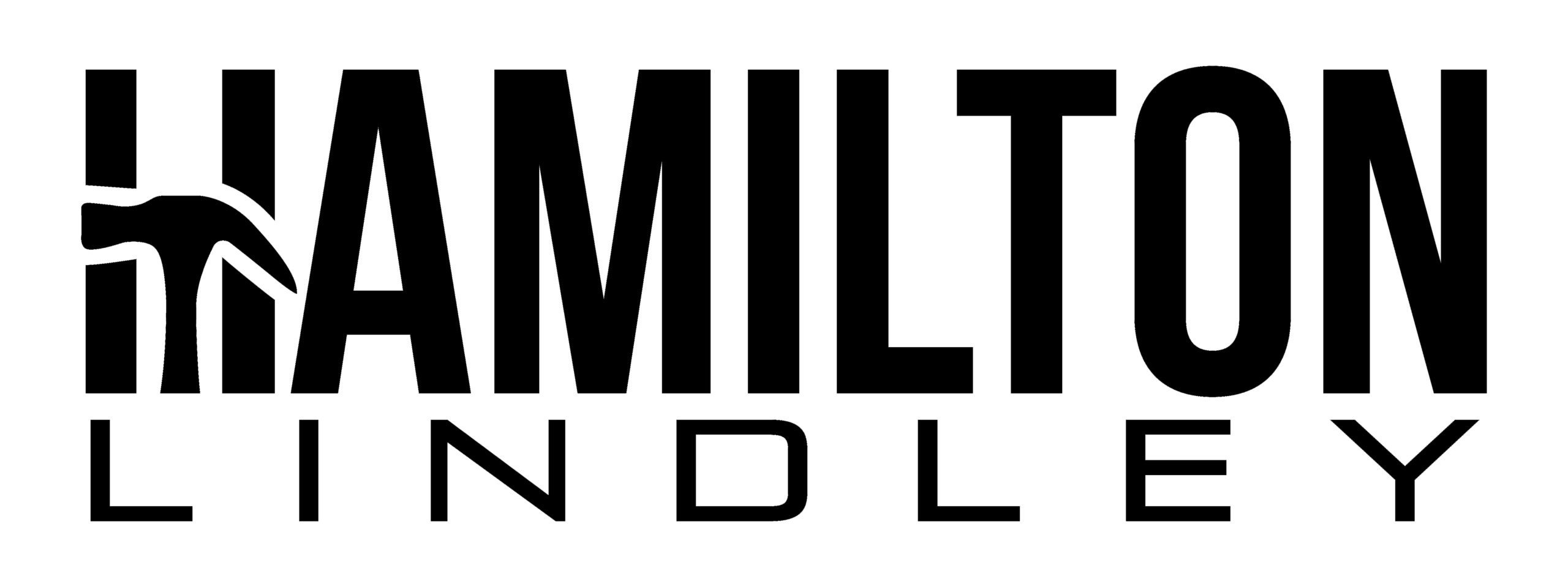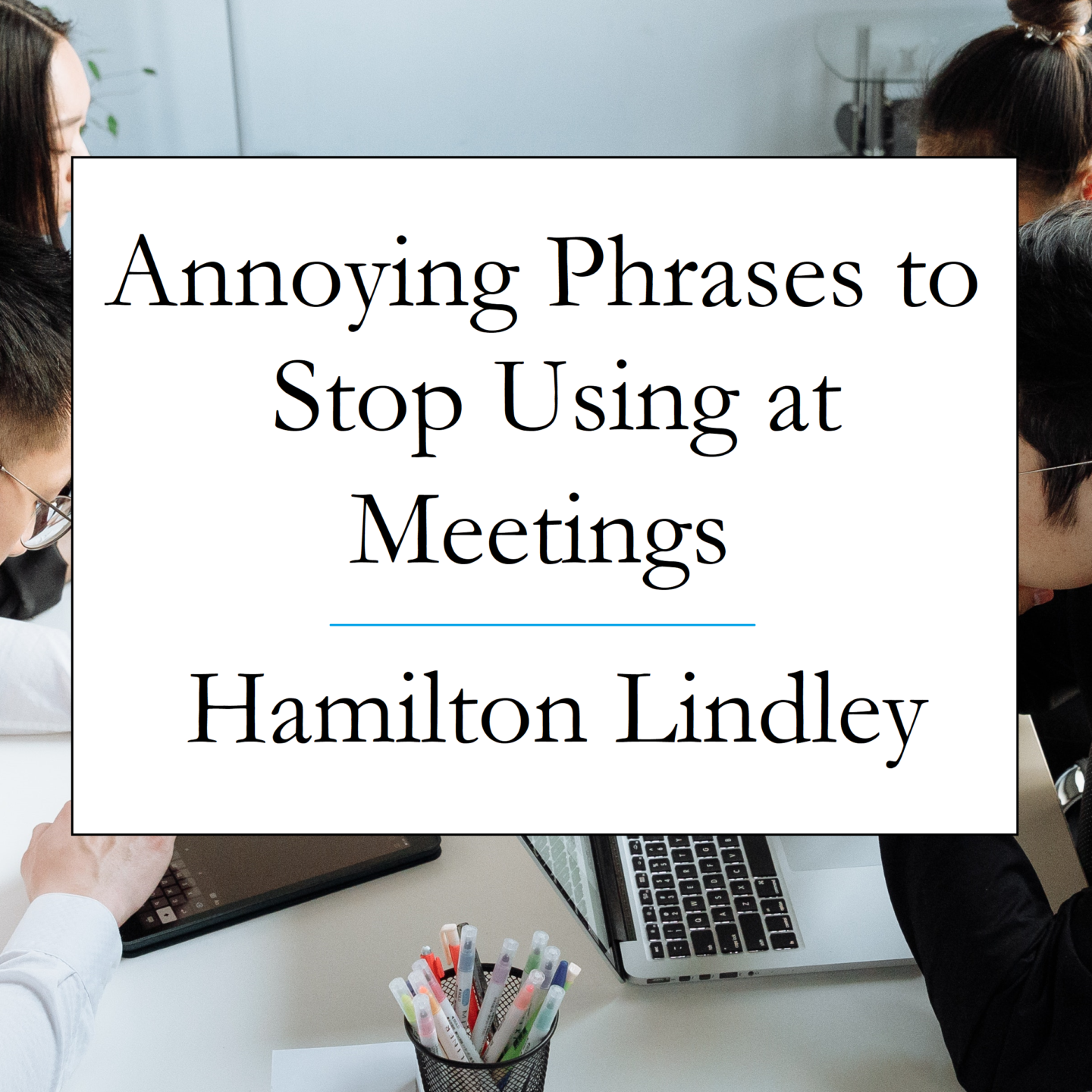It’s been 50 minutes since our hour-long meeting started. We’ve wrapped up the last agenda item, and it looks like we’ll finish early. While some might be happy about this, I’m uneasy, anticipating the familiar line: “I’m going to give you back 10 minutes of your life!”
Every meeting that ends a bit early tends to close with this cheerful statement. While it may seem like good news, the way we talk about our meetings shapes how we perceive them. Describing a few extra minutes as “giving time back” implies it was taken away, making our meetings seem unimportant and a waste of everyone’s time. How will people feel about the next meeting?
Even though much about a meeting is beyond our control, we have control over our speech patterns. We should think about how our language affects emotions. I conducted a poll to discover phrases people would like to avoid hearing in a meeting, and here are some of the most common responses:
- “We’ll wait five minutes for everyone to arrive.”
This disrespects the time of those who arrived on time and discourages punctuality. Instead, start the meeting on time and, if needed, initiate quick exercises like setting goals or eliminating distractions.
- “You’re on mute!”
While this phrase is a quick way to convey that the speaker is not audible, saying “If you’re speaking, I can’t hear you” is a friendlier alternative. It communicates a genuine desire to hear what the muted speaker has to say.
- “Let’s talk about this offline.”
This dismissive phrase can discourage someone by suggesting their idea isn’t worth discussing. Instead, say, “That’s an important issue beyond the scope of this meeting. Let’s discuss it separately when we’re done here.”
- “We’re flying the plane while it’s being built.”
This metaphor raises questions about project development. When tempted to use this phrase, provide explicit details about what’s figured out, what we’re working on, what’s unknown, and how we plan to adapt based on discoveries.
- “I’ll give you ten minutes of your life back!”
Returning to this phrase, while I appreciate early-ending meetings, let’s focus on ending with a positive note. Instead of “giving time back,” express gratitude for everyone’s hard work and participation, which can redefine how people feel about the meeting’s conclusion and the next one.

